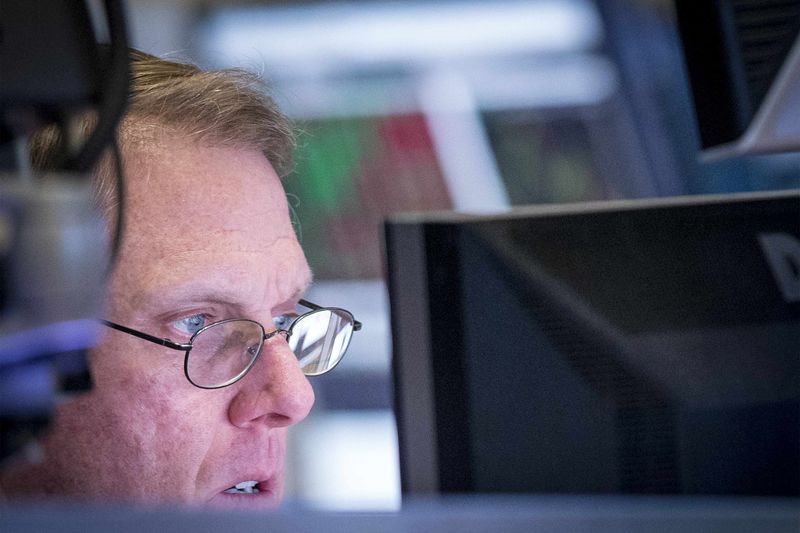Bitcoin (CRYPTO:BTC) is an established part of many crypto investors’ portfolios. The largest cryptocurrency by market cap, it is wildly popular. These days, even institutions and governments are getting into Bitcoin. Last year, El Salvador made BTC legal tender, and today Mexico is considering doing the same.
All of these developments make it clear that Bitcoin isn’t going anywhere. It may have a tough year every now and then, but it is here to stay.
With that said, it’s unlikely that Bitcoin’s future returns will be similar to its past returns. BTC’s market cap is already approaching that of a mega-cap stock. If you want returns similar to Bitcoin in its early days, you’ll have to look into alt-coins.
This is where XRP (CRYPTO:XRP) comes into the picture. A relatively small cryptocurrency with a $33 billion market cap, it is rapidly going mainstream. Many banks are already using XRP to facilitate cross-border payments, and more and more businesses are accepting it as a payment method every day. Potentially, XRP could deliver better returns than Bitcoin. In this article I will explore the arguments for investing in XRP and Bitcoin side by side, so you can decide which one is right for you.
The case for Ripple XRP’s main advantage over Bitcoin is its fast blockchain, and the payment network built on it. The XRP blockchain can handle 1,500 transactions per second. For this reason, banks like CIBC (TSX:CM) are increasingly relying on it to handle money transfers. Through RippleNet, banks can send money worldwide, almost instantaneously. This wouldn’t be possible with Bitcoin, which handles just seven transactions per second. Most Bitcoin users report transaction times of 10 minutes or longer. This is what you’d expect with Bitcoin’s blockchain, which is both extremely congested and relatively slow.
Another argument for investing in XRP rests on the fact that it has a relatively small market cap. Because XRP only has a $33 billion market cap, it has the potential to deliver returns similar to Bitcoin in its early days. BTC itself does not, because the BTC in circulation are collectively valued at nearly a trillion dollars–the amount of buying needed to get appreciable gains at such a market cap is enormous.
The case for Bitcoin The case for investing in Bitcoin over XRP rests on BTC’s first-mover advantage. Because Bitcoin was the first cryptocurrency, it got adopted by users and businesses fairly quickly. Today it enjoys legal tender status in one country, and more are likely to adopt it in the future. It is also accepted as a payment method by a growing number of businesses. These advantages tend to compound over time due to network effects. The more people using a currency, the more useful the currency is. So, Bitcoin may win out in the end over smaller cryptocurrencies that are technically superior to it.
Foolish takeaway Bitcoin and XRP are two very different cryptocurrencies. Bitcoin is an established player with heavy institutional backing, XRP is an upstart whose founders are working on many innovative projects. Ultimately, it’s up to you which you choose to invest in. Me personally, I have a slight preference for XRP because of its increasing adoption by the banking industry, but Bitcoin has many real-world use cases too.
The post Ripple vs Bitcoin – Which Is the Better Buy? appeared first on The Motley Fool Canada.
Fool contributor Andrew Button has no position in any of the stocks mentioned. The Motley Fool owns and recommends Bitcoin.
